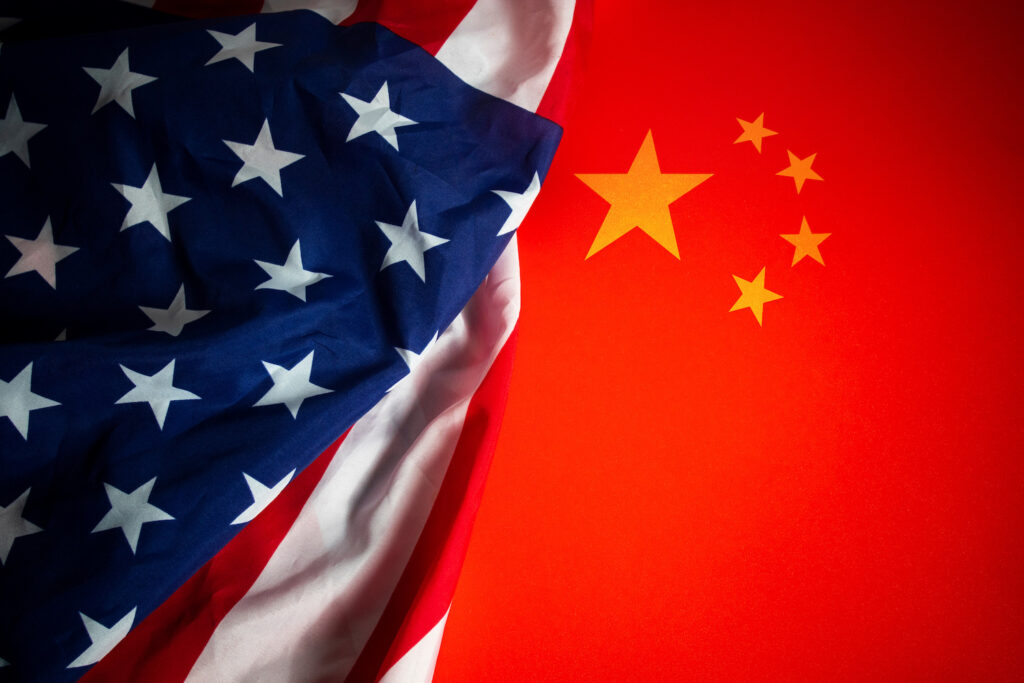New report: Fewer than five China-linked Confucius Institutes left on American college campuses
The number of Confucius Institutes on U.S. college campuses has diminished from about 100 in 2019 to fewer than five today, a new government report reveals.
Confucius Institutes are language and…

The number of Confucius Institutes on U.S. college campuses has diminished from about 100 in 2019 to fewer than five today, a new government report reveals.
Confucius Institutes are language and culture programs funded by the Chinese government in institutions of higher learning around the world.
These controversial programs now near extinction in the United States due to heavy criticism of their propagandistic tendencies, such as preventing teachers from speaking critically of China’s policies.
“Some officials have raised questions about Confucius Institutes, including their relationship to the PRC [People’s Republic of China] government, their sources of funding, and the potential for undue PRC influence or risks to national security,” the report, from the U.S. Government Accountability Office (GAO), reads.
In 2018, Congress passed legislation blocking federal language-related funding from the Department of Defense from reaching any school with a Confucius Institute. The GAO’s report finds that this legislation was successful at reducing the presence of Confucius Institutes: 61% of schools that closed their Confucius Institute cited potential loss of federal funding as a key factor, with 32% of respondents citing government pressure.
Pacific Lutheran University, which offers one of the few remaining Confucius Institutes in the country, promotes the program on its webpage alongside remarks from Professor Paul Manfredi, its director.
“The concern that we operate somehow at the mercy of external forces is simply misplaced,” Manfredi asserts, later adding a disclaimer: “We wish to clarify that we are not attempting to speak of all Confucius Institute programs across the United States, much less the other 400 or so in operation elsewhere in the world.”
Notably, even on campuses where a Confucius Institute has closed, Chinese influence may still be at work. A 2022 report from the National Association of Scholars observes that at least 28 universities have replaced their Confucius Institutes with similar programs, and at least 58 universities report maintaining a close relationship with their Chinese counterparts in the Confucius Institute.
With US-China relations emerging as a popular topic on the Republican presidential primary campaign trail, candidates such as Nikki Haley, former UN Ambassador, have voiced concerns about Confucius Institutes and their offspring programs spreading communist messaging among American students.
“China is giving hundreds of millions of dollars to our universities. This funding gives Beijing a foothold in the best research institutions in the world,” Haley shared in her July remarks at the American Enterprise Institute. “It wants our research for its military. We should end this practice.”
Support for Confucius Institutes among American voters falls largely along party lines, with one August poll showing 60% of Republicans approving of bans on them and 66% of Democrats opposing such bans.
Other national governments have verbalized similar concerns about the presence of Confucius Institutes on their college campuses. In June, German Education and Research Minister Bettina Stark-Watzinger called for “clear limits” on Beijing’s influence through the institutes.
Concerns of Chinese influence targeting an audience of young Americans continue to emerge.
Earlier this year, Shou Zi Chew, chief executive officer of popular social media platform TikTok, faced hours of congressional questioning regarding the company’s relationship with the Chinese government, the privacy of American user data, and dangerous trends being promoted to young users through the app’s algorithm.



